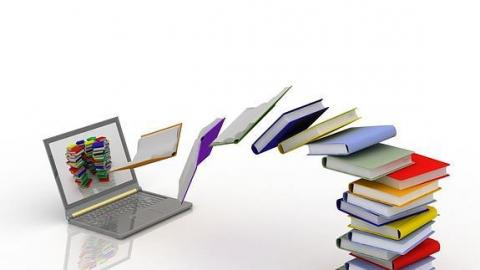
An article published in El País presents different opinions on the results obtained in reading comprehension in the PISA 2018 report, which evaluates fifteen-year-old students..
Reading on paper is better for reading comprehension than reading on a screen, according to a report by the OECD, which brings together the 37 countries it advises on public policy. The data is taken from the PISA 2018 report.
When comparing the performance of students who said they "hardly ever" or "never" read books with those who said they did, the latter performed better. But there was another significant difference, related to the reading format: those who chose paper over digital came out ahead.
The article includes the opinion of Nicholas Carr, former editor of the Harvard Business Review, who argues that the digital format encourages the pursuit of the brief and the quick, and takes away from the possibility of concentrating on one thing, of reflection and contemplation.
José García Clavel, professor in the department of quantitative methods at the University of Murcia, points out that one of the factors that may influence students who read books on paper to obtain better results in reading comprehension is the type of families they belong to, their socio-cultural capital and the reading habits of their parents.
Other researchers, such as Daniel Cassany, from the Department of Translation and Language Sciences at Pompeu Fabra University, believe that the data collected by PISA are not sufficient to draw conclusions as to why those who read on paper are more successful academically.
In this other article, El País reports that one in five Spanish nine-year-olds feels insecure when reading.